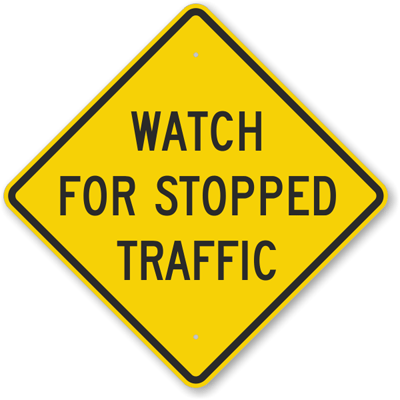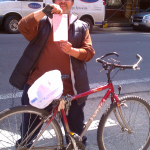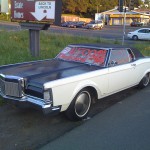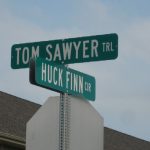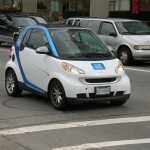Avoiding Rush Hour for a Cash Reward
 Balaji Prabhakar is a Stanford professor who developed the idea for an incentive-driven traffic alleviation program.
Balaji Prabhakar is a Stanford professor who developed the idea for an incentive-driven traffic alleviation program.
June 15, 2012 — If given the choice between a fine for getting in a traffic jam or a prize for avoiding one, which would you prefer? Drivers obviously choose the latter every time, but this question is the subject of debate in many urban areas around the world that suffer from crippling traffic congestion each day during peak hours. London, Singapore, and Stockholm are among the cities that have chosen to enforce a fee for driving during rush hour. This has sparked incredible controversy with drivers, and as the program is considered in the United States, the response here is overwhelmingly negative.
Faced with the seemingly impossible issue of traffic jams, Balaji Prabhakar, a Stanford University professor, realized that if penalties weren’t the answer, maybe rewards were. He started a program at Stanford that offered the opportunity to be entered into a lottery if they drove to campus at off-peak times. The program offers up to $50 and has created a friendly competition that’s been undeniably successful. Not only do incentives programs help alleviate heavy traffic, they keep driving environments positive and successful. People feel like driving off-peak is a choice and are thus more incentivized to take part in the program.
New York City attempted to institute fees for driving in congested areas or at peak hours in 2008, but Mayor Bloomberg was unable to garner support from the state. Enforcement would have been expensive and possibly outweighed the gain of such a program. Of course with technological advancements, the price of such a program is rapidly decreasing.
Urban areas suffer from heavy traffic, but incentive reward programs have had success in controlling rush hour congestion.
Smartphones make it possible to give information about time and location directly to servers overseeing the program. While this can be used to monitor reward programs, the negative aspect to this control is companies or governments can use this information to fine as well.
In general, programs that seek to reward are far more successful and well received than the alternative. With pilot programs like these, in which people who choose to drive at peak times are not penalized, everybody wins: traffic is alleviated and nobody is punished for getting to work on time.
– K. Howitt
Related Posts
Category: News, Regulations











